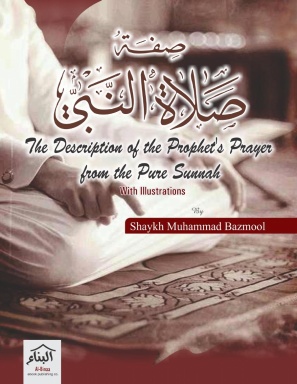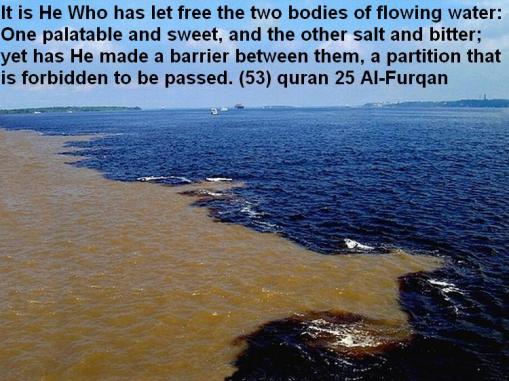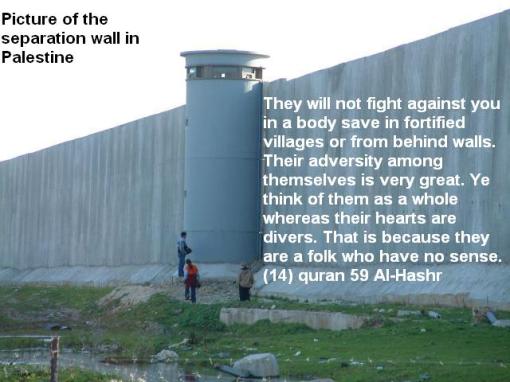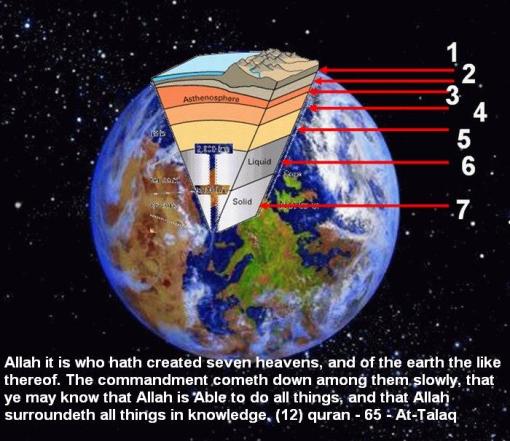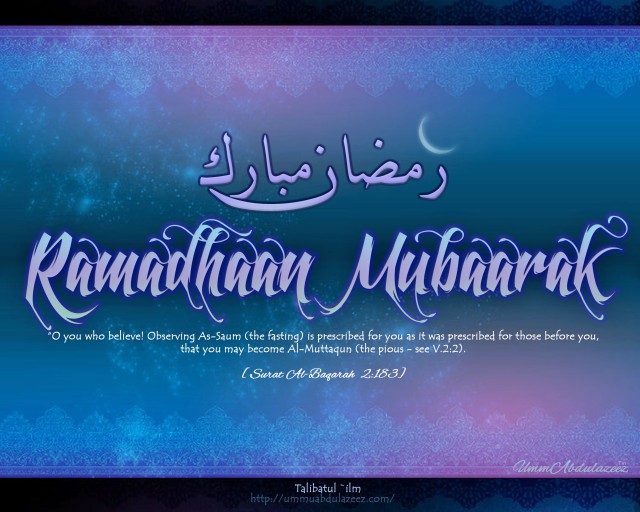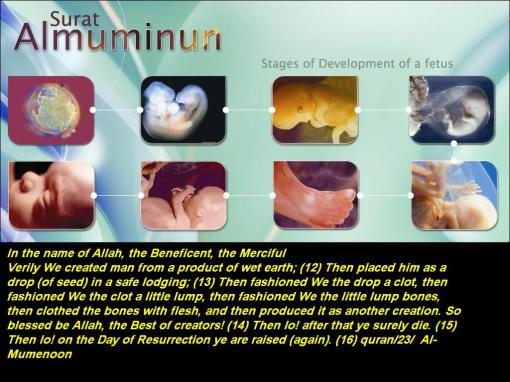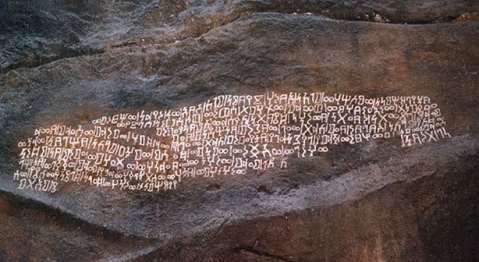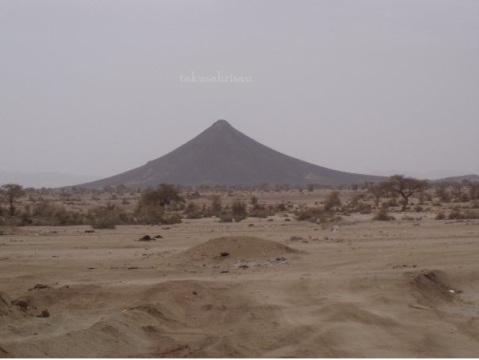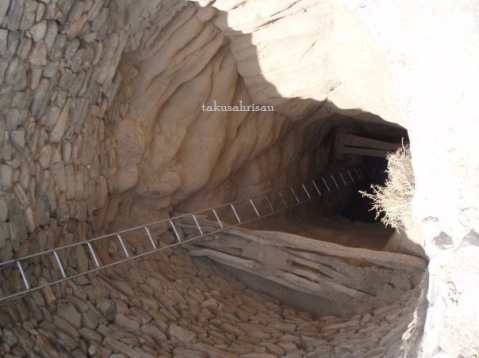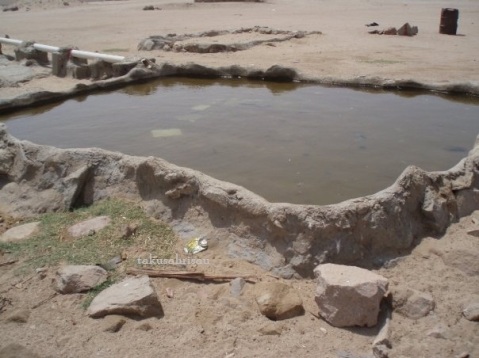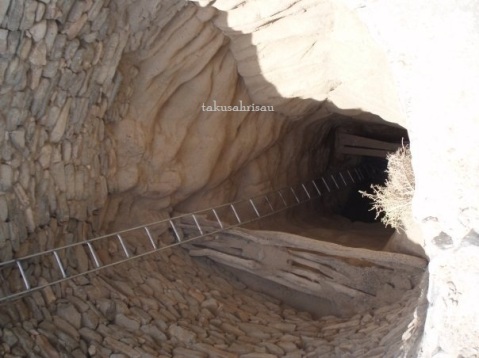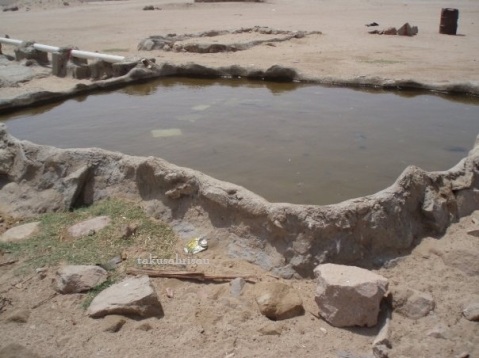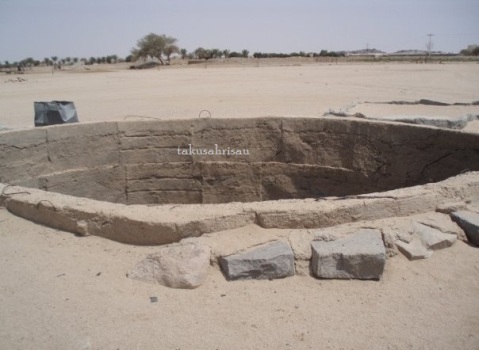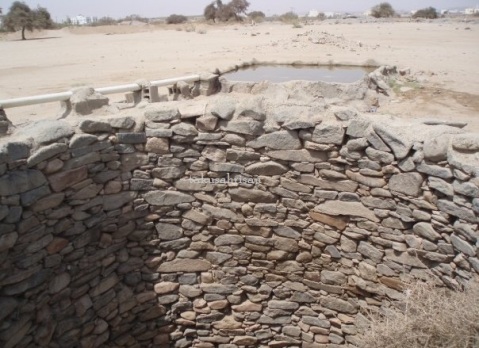Islamic rights are many, among the most important of which are the following:
The rights of Allaah
The blessings of Allaah to His slaves are innumerable. Every blessing deserves thanks. The rights of Allaah upon His slaves are many, the most important of which include the following:
1. Tawheed, which means believing that Allaah is One in His Essence, His names, His attributes and His deeds. So we should believe that Allaah alone is the Lord, the Sovereign, the Controller, the Creator, the Provider, in Whose hand is Dominion and He is Able to do all things:
“Blessed be He in Whose Hand is the dominion; and He is Able to do all things”
[al-Mulk 67:1 – interpretation of the meaning]
2. ‘Ibaadah (worship), which means worshipping Allaah alone because He is their Lord, Creator and Provider. So all kinds of worship should be devoted to Him alone, such as du’aa’ (supplication), dhikr (remembering Allaah), seeking help, humbling oneself, submitting, hope and fear, vows, sacrifices, and so on. Allaah says (interpretation of the meaning):
“Worship Allaah and join none with Him (in worship)”
[al-Nisaa’ 4:36]
3. Shukr (gratitude, giving thanks), for Allaah is the One Who bestows favours and blessings upon all of creation, so they have to show their gratitude for these blessings on their lips and in their hearts and in their physical actions, by praising Allaah and using these blessings to obey Allaah and in ways that Allaah has permitted:
“Therefore remember Me (by praying, glorifying). I will remember you, and be grateful to Me (for My countless Favours on you) and never be ungrateful to Me
[al-Baqarah 2:152 – interpretation of the meaning]
The rights of the Messenger
The sending of the Messenger (peace and blessings of Allaah be upon him) is a great blessing for all of mankind. Allah sent him to bring mankind forth from darkness into light, and to show them that which will bring them happiness in this world and in the Hereafter.
Among the rights that the Messenger has over us are that we should love him, obey him and send blessings upon him. Loving him (peace and blessings of Allaah be upon him) is achieved by obeying his commands and believing what he told us, avoiding that which he forbade and not worshipping Allaah except in the ways that he prescribed.
Parent’s rights
Islam pays special attention to the family and encourages love and respect within it. The parents are the basis and foundation of the family, hence honouring one’s parents is one of the best deeds and one of the most beloved actions to Allaah.
Honouring one’s parents is achieved by obeying them, respecting them, being humble towards them, treating them kindly, spending on them, praying for them, upholding ties of kinship with those to whom one is related through them, and honouring their friends:
“And your Lord has decreed that you worship none but Him. And that you be dutiful to your parents” [al-Israa’ 17:23]
The rights of the mother in this regard are greater, because she is the one who bears the child, gives birth to him and breastfeeds him. A man came to the Prophet (peace and blessings of Allaah be upon him) and said, “O Messenger of Allaah, who is most deserving of my good companionship?” He said, “Your mother.” He said, “Then who?” He said, “Your mother.” He said, “Then who?” He said, “Your mother.” He said, “Then who?” He said, “Your father.”
(Agreed upon. This version was narrated by al-Bukhaari, al-Adab, 78)
The rights of one Muslim over another
The believers are brothers and are an integrated nation, like a building parts of which support other parts. They treat one another with mercy and compassion, and love one another. In order to preserve this building and this brotherhood, Allaah has prescribed rights which each Muslim has over his fellow Muslim. These include love, sincerity (naseehah), relieving his distress, concealing his mistakes, supporting him when he is in the right, respecting neighbours and honouring guests.
These rights also include returning greetings of salaam, visiting the sick, accepting invitations, saying “yarhamuk Allaah (may Allaah have mercy on you) to a Muslim when he sneezes, and attending his funeral. The Prophet (peace and blessings of Allaah be upon him) said: “The rights of one Muslim over another are five: returning the greeting of salaam, saying ‘yarhamuk Allaah (may Allaah have mercy on you)’ when he sneezes, accepting invitations, visiting the sick and attending funerals.” (Narrated by Muslim, 2625)
Neighbour’s rights
Islam pays attention to the issue of neighbours, whether they are Muslim or not, because of the interests served by that in making the nation like one body. The Prophet (peace and blessings of Allaah be upon him) said: ‘Jibreel kept on enjoining the good treatment of neighbours to the extent that I thought that he would include neighbours as heirs.” (Agreed upon. Narrated by Muslim, 2625)
Among the rights of one neighbour over another as affirmed by Islam are the initiation of greetings, visiting him if he is sick, offering condolences if calamity befalls him, congratulating him at times of joy, overlooking his mistakes, concealing his faults, bearing his annoyance with patience, giving him gifts, lending him money if he needs it, lowering one’s gaze from looking at his womenfolk, and guiding him to that which will benefit him in his religious and worldly affairs. The Prophet (peace and blessings of Allaah be upon him) said:
“The best of companions with Allaah is the one who is best to his companion, and the best of neighbours with Him is the one who is best to his neighbour.”(Narrated by al-Bukhaari in al-Adab al-Mufrad, 115)
Concerning neighbours’ rights, Allaah says (interpretation of the meaning):
“Worship Allaah and join none with Him (in worship); and do good to parents, kinsfolk, orphans, Al-Masaakeen (the poor), the neighbour who is near of kin, the neighbour who is a stranger, the companion by your side…”
[al-Nisaa’ 4:36]
Islam warns against annoying one’s neighbours or treating them badly. The Messenger (peace and blessings of Allaah be upon him) explained that this would lead to being deprived of Paradise: “He will not enter Paradise from whose harm his neighbour is not safe.” (Agreed upon. Narrated by Muslim, 64).
In order to achieve the common interest, Islam gives rights to the ruler over his subjects and to the subjects over their ruler, and its gives the husband rights over his wife and the wife rights over her husband, and there are other just rights which Islam has enjoined.
sumber dari: dawahblog.wordpress.com


